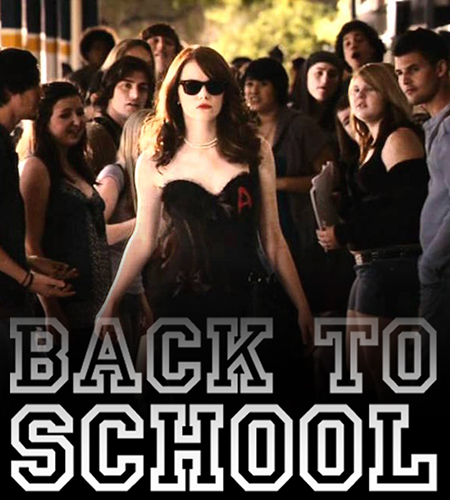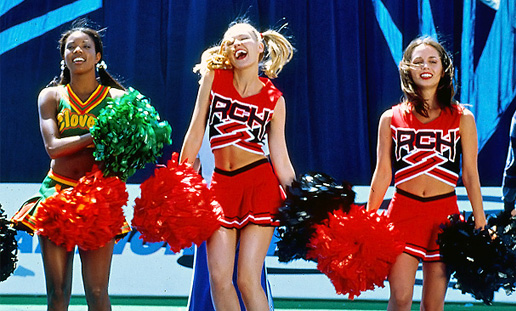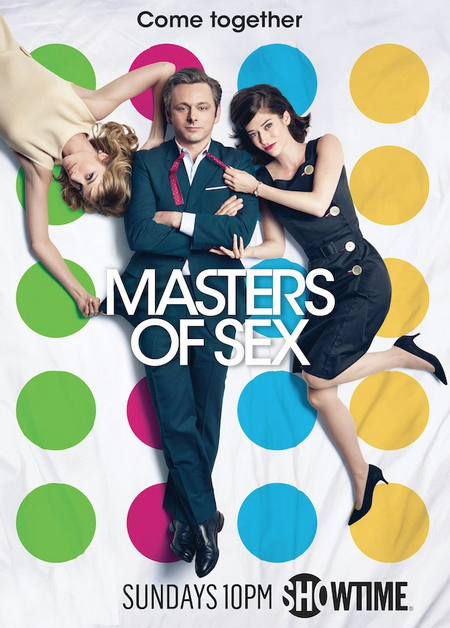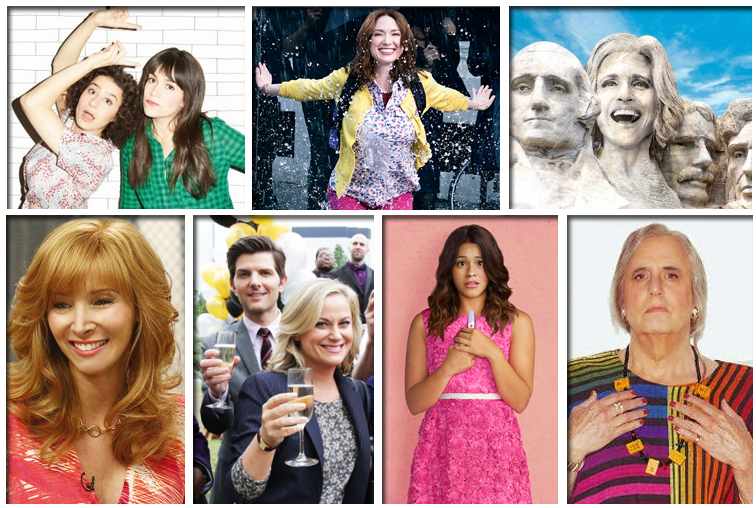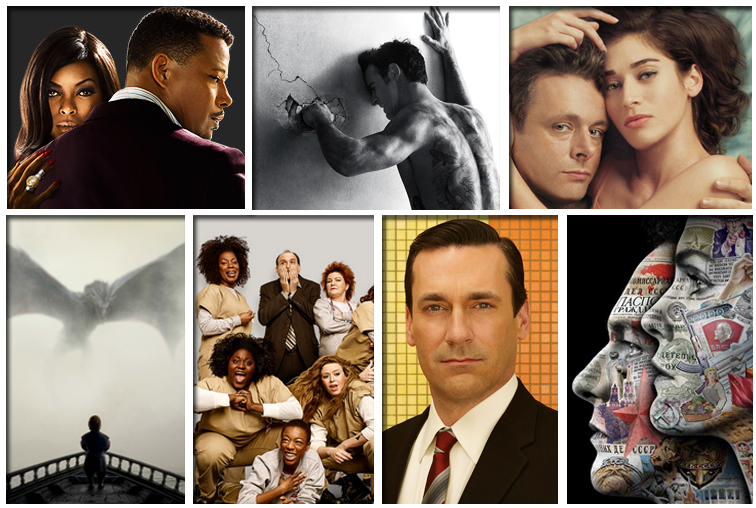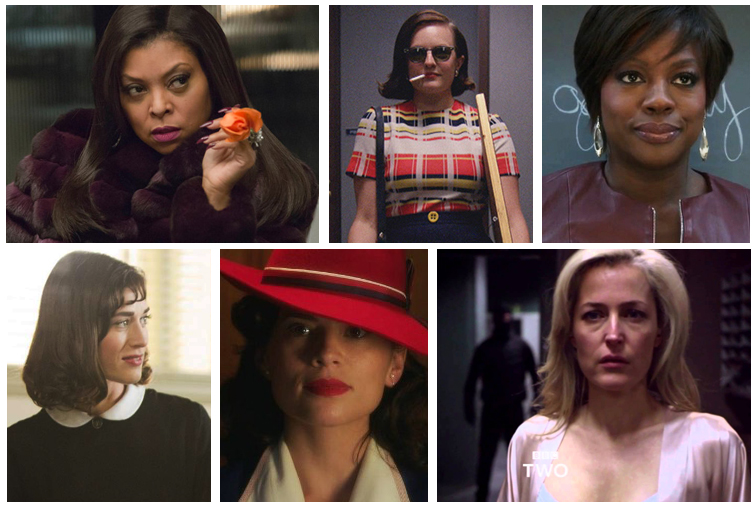Team Experience: 2015's Best Emmy Nominees
 Friday, September 18, 2015 at 2:53PM
Friday, September 18, 2015 at 2:53PM Andrew here with some more Emmy treats.
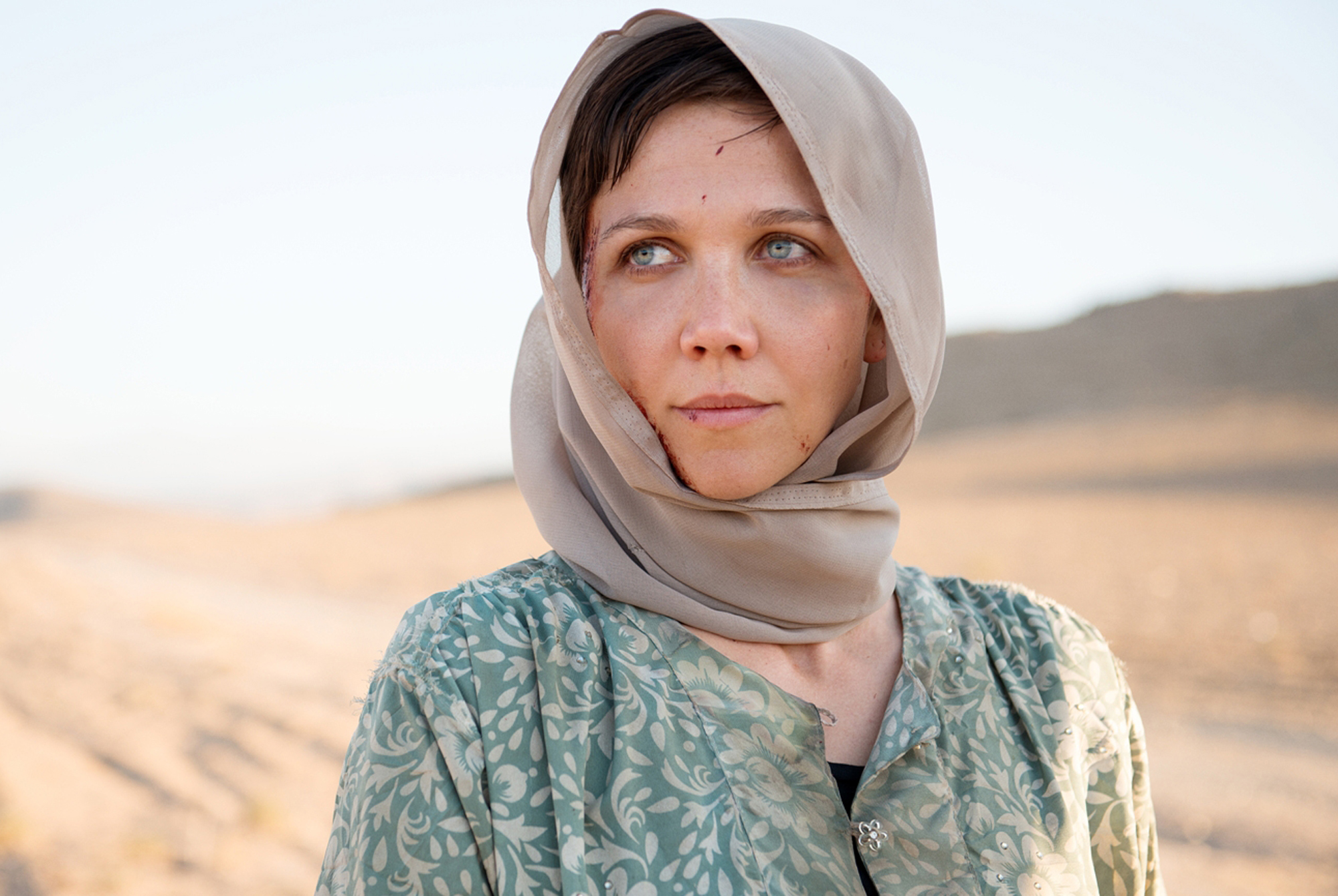 In anticipation of Sunday's big night for TV, the television lovers at The Film Experience are bringing to you a special Team Experience top 10 list.Sure, each year a handful of Emmy nominees leave us scratching our head in confusion, but we wanted to celebrate the citations that the voters got right this year and compiled our list of favourite nominees. Unlike usual Team Experience top 10s, though, we're offering you a look at each of our individual top 10s.
In anticipation of Sunday's big night for TV, the television lovers at The Film Experience are bringing to you a special Team Experience top 10 list.Sure, each year a handful of Emmy nominees leave us scratching our head in confusion, but we wanted to celebrate the citations that the voters got right this year and compiled our list of favourite nominees. Unlike usual Team Experience top 10s, though, we're offering you a look at each of our individual top 10s.
Nathaniel always points out how interesting individual ballots in awards tends to be more dynamic than the final tally and to celebrate the wide range of nominees in the prizes still to be handed at Sunday's ceremonies. So, we disregarded the already decided on categories from the Creative Awards ceremonies and from the 26 categories to be decided on Sunday, our twelve person team each submitted their favourite of the nominees.
Unsurprisingly, our individual ballots were full of Actresses. Go below the jump to see them all.



